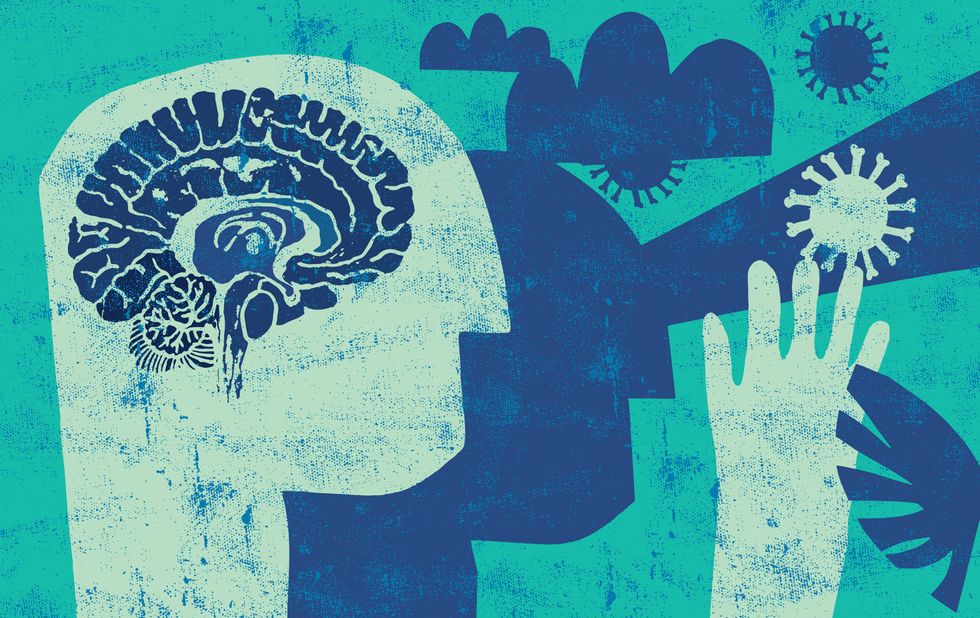It’s been a staggering 121 years since the National League and American League partnered up to form Major League Baseball—now one of the world’s oldest professional sports leagues—and the New York Yankees have been a part of it from the very start.
During that time, a lot of teams were forced to reconsider their old fashioned names, from the MLB’s Cleveland Indians (now the Guardians) to the NBA’s Washington Bullets (now Wizards). Even the spotlight on Taylor Swift and Travis Kelce at this year’s Super Bowl didn’t obscure the fact that the Kansas City Chiefs could be next on that list—and yet it seems the Yankees have avoided such scrutiny.
And that may be because…well, no one quite knows for certain what a “Yankee” is.
As MLB kicks off a new season, let’s take a look at where this word possibly comes from, and whether or not it’s an insult, a mispronunciation borne out of mixing cultures, or just a harmless bit of slang.
Going Dutch
One of the most prevalent theories is that “Yankee” started out as a nickname for someone from…New England.
As journalist and author Bill Bryson points out in his book Made in America: An Informal History of the English Language in the United States, early Dutch settlers had a profound impact on the English language. Words like “cookie,” “waffle,” “bedspread,” “boss,” and “coleslaw” have their origins in Dutch. “Nitwit” became an insult based on the Dutch phrase Ik niet wiet, meaning “I don’t know.” So does, as Bryson describes, “the distinctive American interrogative ‘how come?’”—which is a literal translation of the Dutch hoekom.
Bryson posits that Yankee comes from Janke, a nickname for Jonathon like “Jonny,” or from Jan Kees, meaning “John Cheese” which was intended as an insult. The first explanation makes sense when you consider that there are mentions of Dutch pirates from as far back as 1683 with the nickname “Captain Yanky.”
The Dutch settlement in America originally called New Netherlands eventually became what we know as New England, so those from more Southern areas would likely have adopted “Janke” to refer to any of the northeastern Dutch—and not always in a friendly manner.

A card game called “The Game of Yankee Land” was manufactured by Mayhew & Baker of Boston in 1859.
Photograph by Don Troiani, Bridgeman Images
In fact, the 1891 novel An American Girl in London by Sara Jeannette Duncan explicitly states, “The Yankees are the New Englanders…the name would once have been taken as an insult.” According to Henry Hitchings, author of The Secret Life of Words: How English Became English, “Colloquially, the Dutchman was known as ‘butterbox’—at least as early as 1600—because he tended to spread everywhere.” It seems in the early 17th and 18th centuries the Dutch language and Dutch people were ubiquitous, so it makes sense that they’d have such a significant linguistic footprint.
Language barriers
Although the Dutch influence is clear, “Yankee” defies such an easy origin story. The influx of cultures and languages into the new world—as well as those that were present well before any colonists arrived—introduce some new theories on how the word might have developed, and possibly how it spread.
In 1789, a British officer named Thomas Anburey, who served during the Revolution, wrote that he believed the word “Yankee” was a bastardization of the Cherokee word eankke, meaning “coward” or “slave.” Anburey said it was adopted by Virginians who used it to insult New Englanders because they refused to help them during their battles with Native tribes.
In his effort to trace the powerful linguistic impact African dialects had on early English vernacular, J.L. Dillard, in his book All-American English, claims that “Yankee” has its origin in both the struggles of Native American to pronounce the word “English” (“Yangleese”)and even to the arrive of Chinese immigrants and their approximation, “Ink-eli.”
Although you can question Dillard’s timeline a bit—as we’ve seen, references to “Yankees” date back to the 17th century, and the first documented Chinese immigrants began arriving in the late 1840s —he does present an interesting sidenote.
The classic song “Yankee Doodle Dandy” was believed to have been sung by British soldiers during the Revolution, used to taunt Yankees (here, the colonists[YA3] ) for the feathers they put in their caps to distinguish themselves on the battlefield—calling the style “macaroni,” akin to “foppish.”
However, Bryson found evidence to suggest the song has its origins in another tune often sung by West African slaves that had similar word usage and cadence: “Mama Nanni go to town/Buy a little pony/Stick a feather in a ring/Calling Masra Ranni.” If the Dutch are largely responsible for the initial creation of the term, it seems clear that the influx and influence of other cultures certainly played an enormous part in popularizing and spreading it.
For such an omnipresent term, it’s surprising to find that the true origin of “Yankee” remains something of a mystery. Its roots are just a melting pot of cultures, languages, and history—making the word, well, perfectly American.
Note: This article have been indexed to our site. We do not claim legitimacy, ownership or copyright of any of the content above. To see the article at original source Click Here













